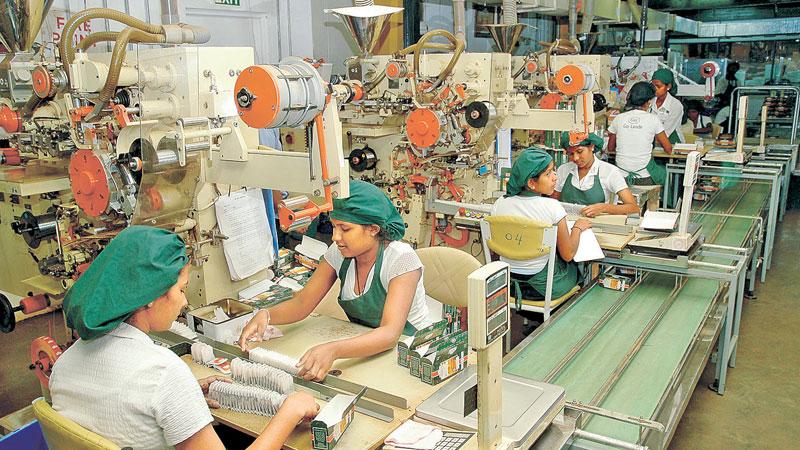
The country’s three key economic sectors, manufacturing, services and agriculture suffered a setback due to the recent bomb attacks and the manufacturing sector, especially, has recorded a negative growth for the month of April.
 “In this backdrop, Sri Lanka needs to have a proper national plan for all sectors including banking, tourism, construction, information technology and education. As a country, we lack focus and policy framework to achieve the set targets which could face any challenge on the way forward,” President, Federation of Chamber of Commerce and Industry Sri Lanka (FCCISL) and President SAARC Chamber of Commerce and Industry, Ruwan Edirisinghe said.
“In this backdrop, Sri Lanka needs to have a proper national plan for all sectors including banking, tourism, construction, information technology and education. As a country, we lack focus and policy framework to achieve the set targets which could face any challenge on the way forward,” President, Federation of Chamber of Commerce and Industry Sri Lanka (FCCISL) and President SAARC Chamber of Commerce and Industry, Ruwan Edirisinghe said.
“One of the key areas which needs special attention is the research and development aspect. The country spends only 0.17 percent of GDP on R&D and this is less than satisfactory. The bulk of this spending is by the government, but not on R&D per say, but on maintaining the staff and carrying out daily activities. The main drawback is the low contribution by the private sector in this regard. Therefore, the private sector needs encouragement to engage more in research and development work,” he said.
The government needs to encourage more spending on research and development as it could be considered as a future investment. Our export basket should be changed to suit the modern consumer demand and it should be included with more high tech products which also generate higher foreign exchange to the country. Compared to countries such as Bangladesh and Vietnam, Sri Lanka’s export income has not grown significantly whereas Bangladesh and Vietnam have recorded 18 times and 107 times growth over the years from a mere US $ 2 billion.
They were able to achieve this increase by manufacturing high tech products. Stressing the fact that the country will not be in a position to gain economic growth without industrialisation, Edirisinghe said that government needs to encourage local and foreign investors and entrepreneurs to take the country to the next level.
“We need to address a few issues to have a better future for the country. The first thing is the interest rates. It is very high at present and needs to be re-looked at. We lose the competitive edge due to this fact. With the high cost of funding, industrialists are unable to be cost competitive. The government should seriously look at this and provide a quick solution. The country’s economy has slowed down due to most businesses running at a loss,” he said.
Manufacturing activities recorded a decrease reaching an all time low index value of 41.0 in April this year with a decline of 25.9 index points from March, according to Central Bank data.
The decline in the manufacturing index was mainly driven by significant drop in new orders and production, especially in the manufacture of food, beverages and tobacco and the manufacture of textiles, apparel, leather and related products.
The decline was mainly due to the New Year holidays in April and the security concerns that arose following the Easter Sunday attacks which affected the smooth functioning of factories. Due to this, factories were unable to achieve the desired production levels.
